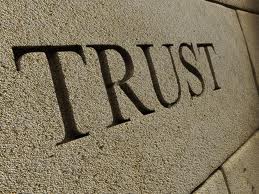The more precisely one property is measured, the less precisely the other can be controlled, determined, or known.
This is known as the Uncertainty Principle and is widely used in the science world, but let’s use it in the Business world today.
During times of uncertainty, it’s tempting to start padding. Padding is what I do when I don’t want to look at the reality of the situation: times are uncertain, and the only way to improve my business is to continue experimenting, innovating, and implementing.
It’s tempting to think there’s another way out.
– If I only hire one more person, maybe my business will be more secure.
– If I only had a physical space, or a mailbox, maybe I’ll have more clients.
– If I only could manage my inbox and social life, I wouldn’t have as much stress.
The reality is, no employees or time management theories are going to help you get over this feeling of insecurity.
The world is moving faster and faster. Technology is evolving at an exponential rate. Only a few years ago, it was cutting edge to make a video call around the world. Only 6 years ago, it was cutting edge to receive an email and browse the internet from a mobile device. Now, 47% of cell phone users have a smartphone!
Remember, don’t be a commodity! if I’m doing something everyone else can do, I’m not doing anything valuable.
As the velocity of business picks up, flexibility is becoming your most important asset.
How flexible are you?



